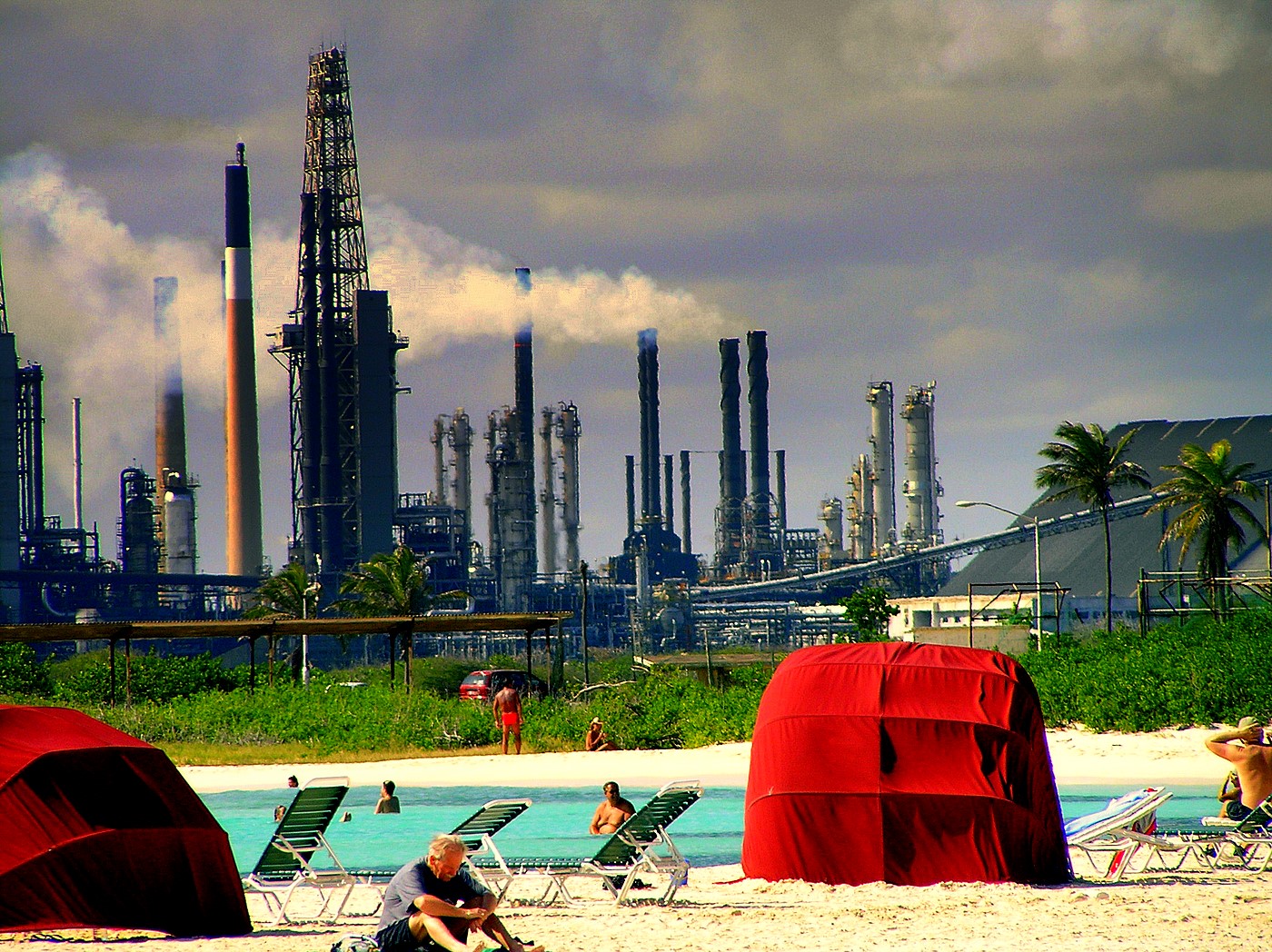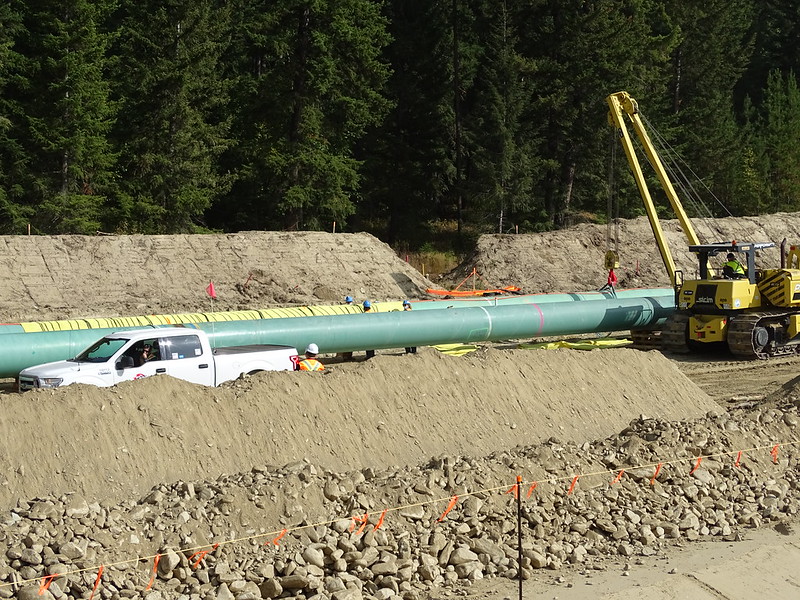By David Powell, associate director, environment, at the New Economics Foundation (NEF). This article has been cross-posted from NEF.
If you’re the boss of BP, Chevron or Shell, how worried are you right now?
171 governments put pen to paper last week, formally signing the Paris Agreement on Climate Change. The New York event was an encouraging, albeit largely symbolic, confirmation of December’s commitment to limit temperature rises to two degrees or lower.
The world has spoken; the science is clear; the likes of Mark Carney continue to warn about the economic risk of drilling like there’s no tomorrow. Paris provokes a very simple acid test: most of the world’s known reserves of oil, coal and gas will have to be kept in the ground – and you can forget prospecting for more.
There’s only one problem: oil companies don’t seem to have noticed.
Since Paris, BP’s latest Annual Energy Outlook confidently predicted that fossil fuels would account for fully 80% of global energy usage in the year 2035. That cheerfully ignores both the Agreement and the devastating climate path we’d be on if it came to pass. BP’s Chief Economist, Spencer Dale, even appeared to question the by now really rather unquestionable link between carbon emissions and temperature.
That an oil company’s analysis concludes it will still be selling bucket loads of oil in 20 years shouldn’t be news (except apparently it was, with most media solemnly reporting it as gospel). It is an internal political document first and foremost. The share price of the company and the pacification of its shareholders – already smarting from eye-watering losses before today’s latest grim figures, and already outraged enough to reject the pay hike of its CEO, Bob Dudley – relies on the promise of selling oil, today, tomorrow, and for many years to come. But it also shows that if BP do think the Paris Agreement will radically change their business model, they aren’t prepared to say so.
Oil companies talk a good game on climate change, calling for a global carbon price. Tom Burke rightly points out the duplicity at work: the companies are both acutely aware that this will never happen in practice, while also delaying progress by not constructively suggesting something else that might actually work. We are talking about an industry one of which is under investigation by the New York attorney to see if it systematically lied about climate change, after all.
The evidence is that the likes of BP simply don’t think that when the chips are down, politicians will have the chutzpah to keep the oil in the ground. Indeed Shell’s climate change advisor is refreshingly candid:
Political will on climate is a prerequisite given the speed and depth of the shift required. But it’s in legislative chambers and finance ministries around the world that the real strength of the appetite to get carbon out of the global economy will be measured. That means addressing the implicit climate damage and pollution subsidy that oil majors get every year – a staggering $5.3 trillion, say the IMF. Oil companies spend a small fortune lobbying and influencing politicians. Despite their entreaties that makes them not the solution, but a huge, huge problem.
It’s a potential impasse with global consequences. It must be broken. The main thing to realise about Paris is that it won’t amount to a hill of beans unless it leads to a radical change in the business model of fossil fuel companies – on a far quicker timescale than they would ideally have liked.
With the bonhomie of the signing ceremony still fresh in everyone’s hearts, now seems a good time to point this out. NEF is one of a very long list of signatories to a full-page advertisement in today’s Financial Times. It appeals to oil companies to see the writing on the wall, and to genuinely put climate change at the heart of their business plans:
Today, you have a choice: to stay on your current course and be forever on the wrong side of history, or respond to the political will of the world and ensure your company becomes part of our shared future.
Paris truly was a landmark moment. But only when Shell, BP, Exxon and Chevron start to tell very different stories to their shareholders about what it is they’re in business to do, will we know they’ve got the memo.
Photo: Spencer Thomas via Flickr
Subscribe to our newsletter
Stay up to date with DeSmog news and alerts







